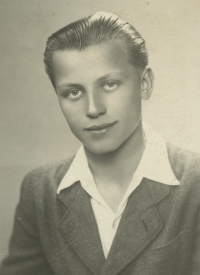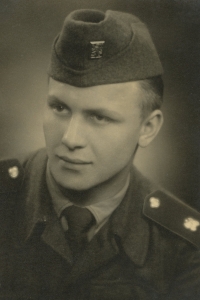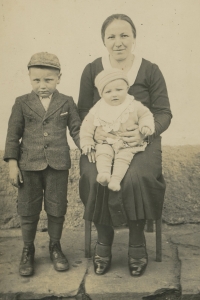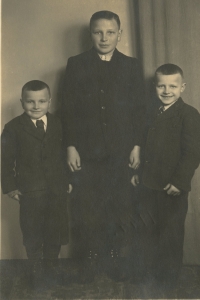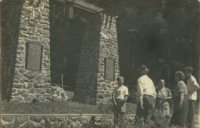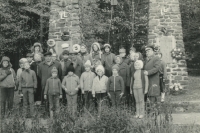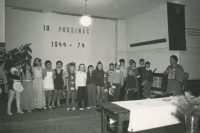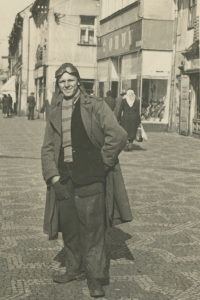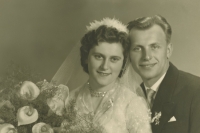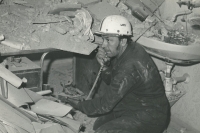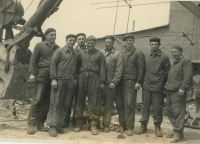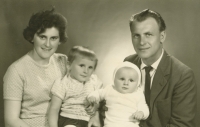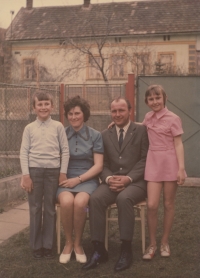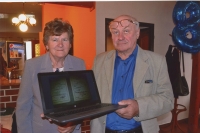The beer flowed, but there was no one to drink it

Stáhnout obrázek
Zdeněk Brom was born on September 21, 1937, in the small village of Licoměřice at the foot of the Železné hory as the second son of a carpenter‘s family. As a small boy, he experienced a Nazi raid at the end of 1944, during which a guerrilla unit operating in the Licoměřice region was discovered, which was helped by local citizens. After the raid, more than 100 men and several women were taken from Licoměřice and nearby Lipovec to the prison in Terezín‘s Small Fortress, where 25 of them succumbed to typhus and several others died after their return in May 1945. The witness also witnessed the departure of defeated German troops. In the 1950s, the family lost its small field and the witness‘s mother had to join the collective farm as a workforce. Zdeněk Brom trained as a mechanical locksmith and after graduating from school he joined the stone quarry in Prachovice as a mechanical maintenance worker, where he worked until his retirement. He dedicated his whole life to the commemoration of the war events that took place at the end of the war in his native village and its surroundings, he writes his own chronicle and also contributed to several publications devoted to partisan groups in the foothills of the Iron Mountains.
